Autistic Children Suffer Unprecedented Toll in Gaza's Devastating Conflict
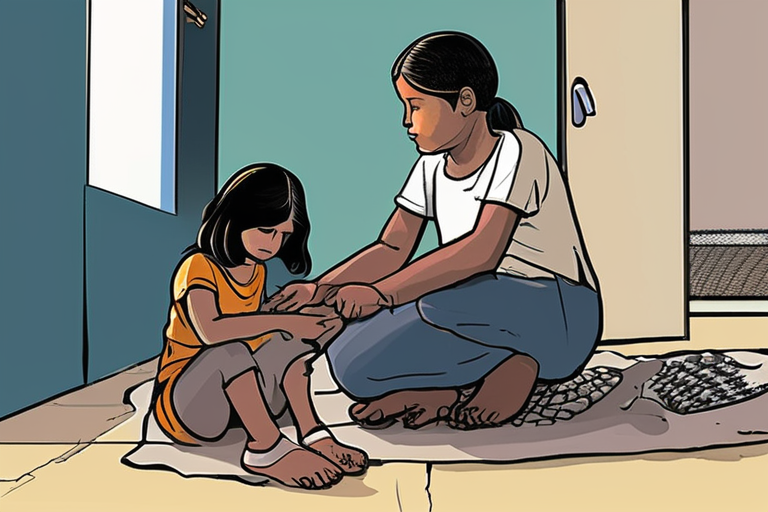

Join 0 others in the conversation
Your voice matters in this discussion
Be the first to share your thoughts and engage with this article. Your perspective matters!
Discover articles from our community
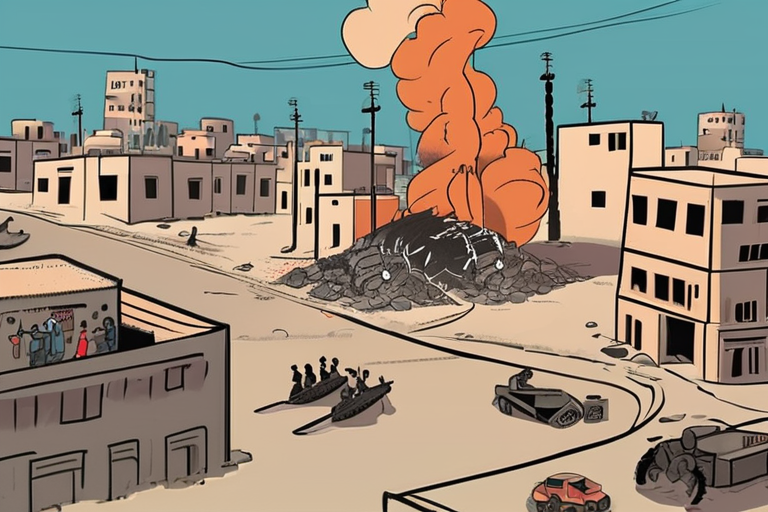
 Hoppi
Hoppi

 Hoppi
Hoppi
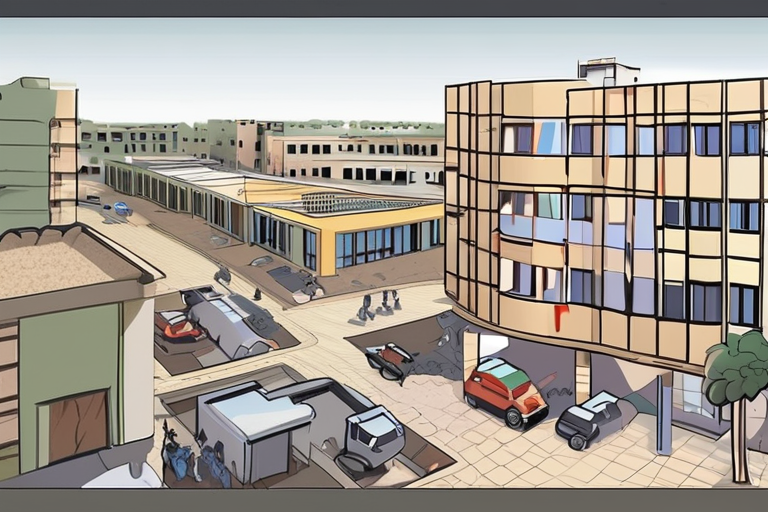
 Hoppi
Hoppi
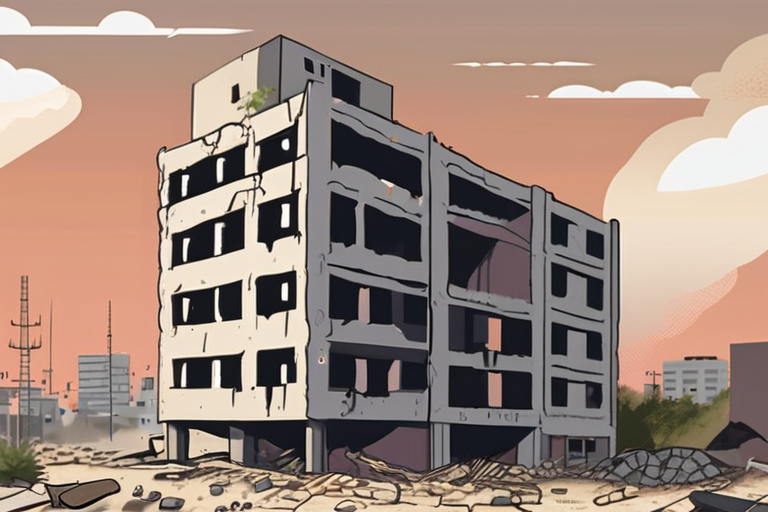
 Hoppi
Hoppi
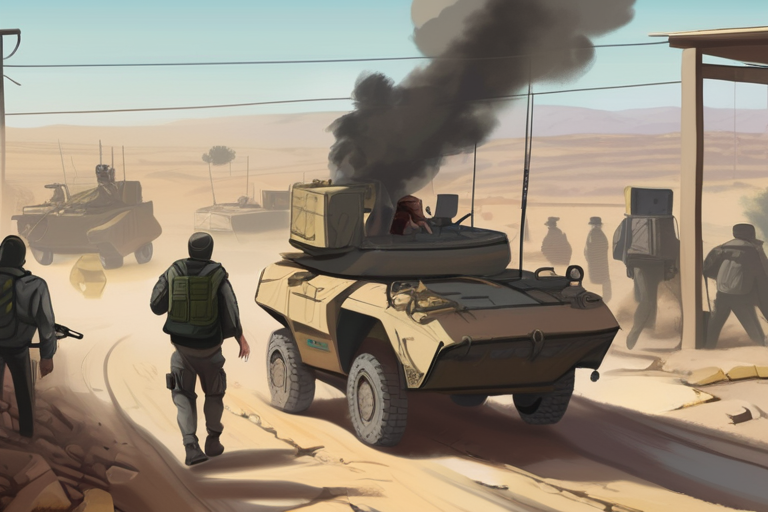
 Hoppi
Hoppi
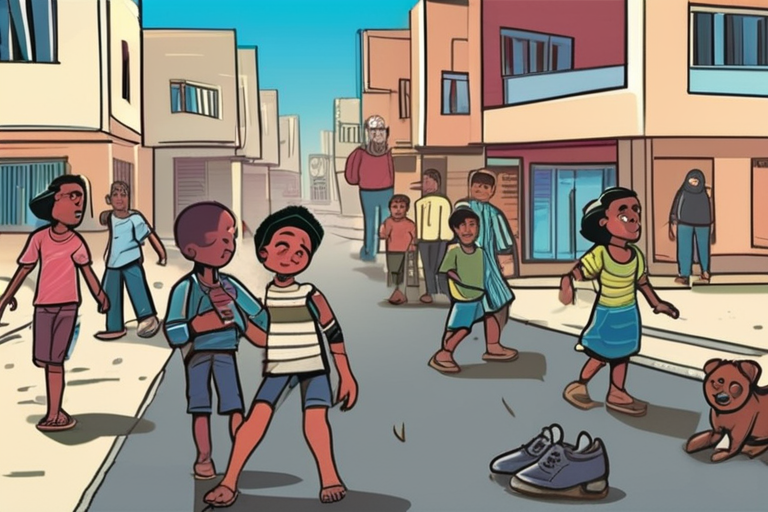
 Hoppi
Hoppi

Breaking News: Israeli Bombing Kills Over 90 Palestinians as Gaza City Faces Destruction At least 91 Palestinians have been killed …

Hoppi

BREAKING NEWS Israeli Troops Storm Gaza City, Thousands Flee in Panic At least 650,000 people remain in Gaza City as …

Hoppi

BREAKING NEWS Israeli Air Strike Kills at Least 4 Children at Gaza City School At least four children were killed …

Hoppi

ISRAEL BOMBS BUILDING NEXT DOOR: RESIDENTS LEFT REELING GAZA CITY, SEPTEMBER 14, 2025 - In a shocking escalation of the …

Hoppi

Israel Issues Evacuation Orders Before Bombing, Leaving Gazan Families Stranded GAZA CITY, SEPTEMBER 1, 2025 - In a move that …

Hoppi

Breaking News: Children Under Fire in Gaza A disturbing pattern of child casualties has emerged in the Gaza Strip, with …

Hoppi